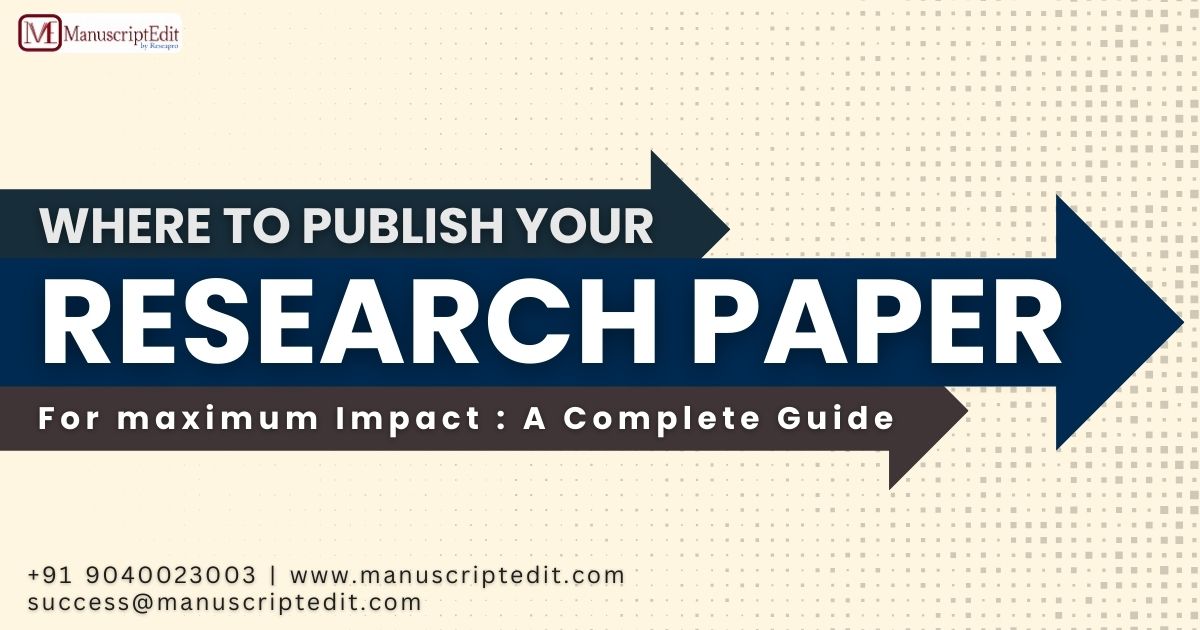For clarity, it is also important to keep a check on the sentence length. If sentences are too short, your writing will sound immature; if they are too long, the reader will lose track. Sentence length, should therefore, be not too long and not too short. A skillful writer can produce much longer sentences which remain clear and effective. Some topics and some tasks may tend to require longer sentences. What is important is not that you count up every sentence, but that you think about sentence length when writing, monitor your own writing to ensure that the meaning is always as clear as possible, and explore opportunities to vary sentence length when appropriate. Short sentences aid coherence, whilst longer sentences aid cohesion.
Related Posts
Need – English editing.
A verb that can be used as a normal MAIN VERB or a MODAL AUXILIARY VERB. For this reason it is sometimes described as a ‘semi-modal’ verb. For Scientific english editing and Medical Writing Services visitwww.manuscriptedit.com

Where to Publish Your Research Paper for Maximum Impact: A Complete Guide
Selecting the appropriate journal to get your research paper published may seem tough. With numerous journals published in multiple fields, selection can make you wonder where to start. This blog seeks to demystify that choice, giving you an inside look at the most important criteria for making your research go far. ManuscriptEdit’s Publication Services will […]
Punctuation – Clause components.
Clauses can contain five different components: Subject. Verb. Object. Complement. Adverbial. Subject+verb. The simplest pattern for a clause is a subject followed by a verb. The subject tells us what the sentence is about and the verb tells us what the subject is doing, or has been doing: SUBJECT VERB Birds sing. A very large […]
